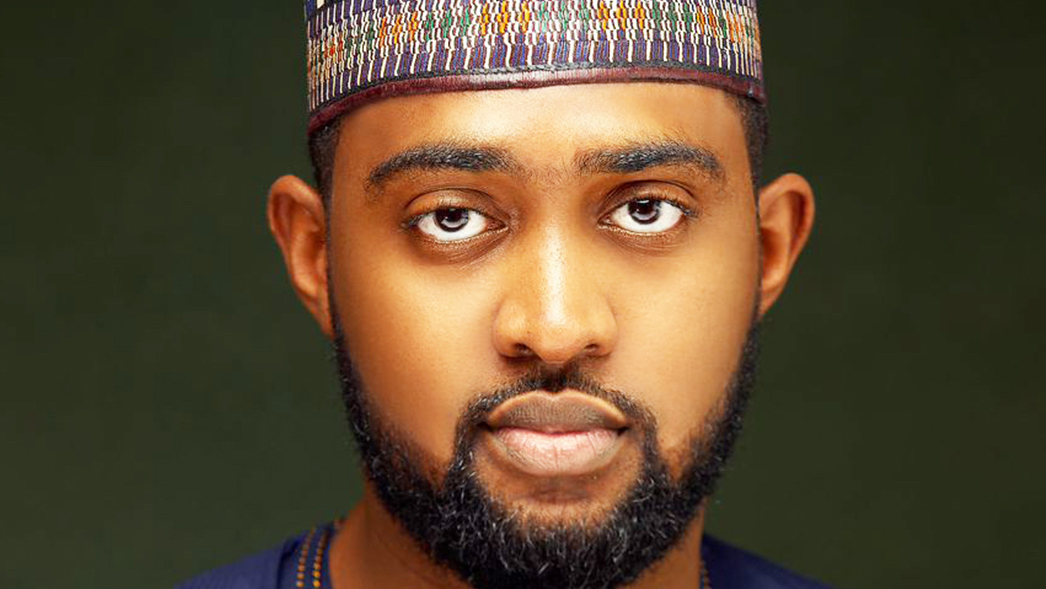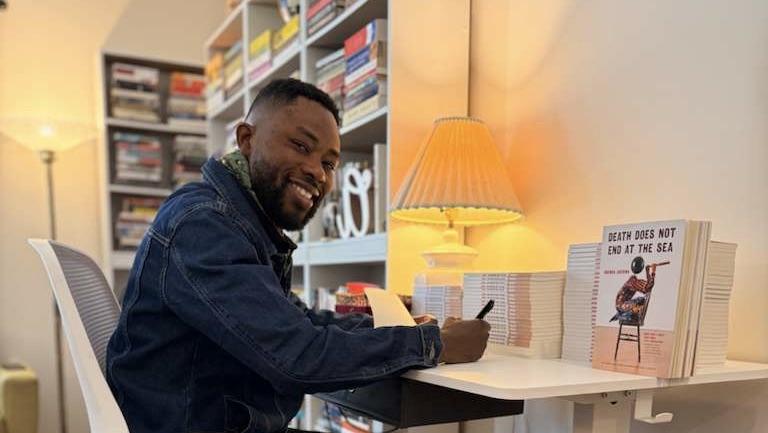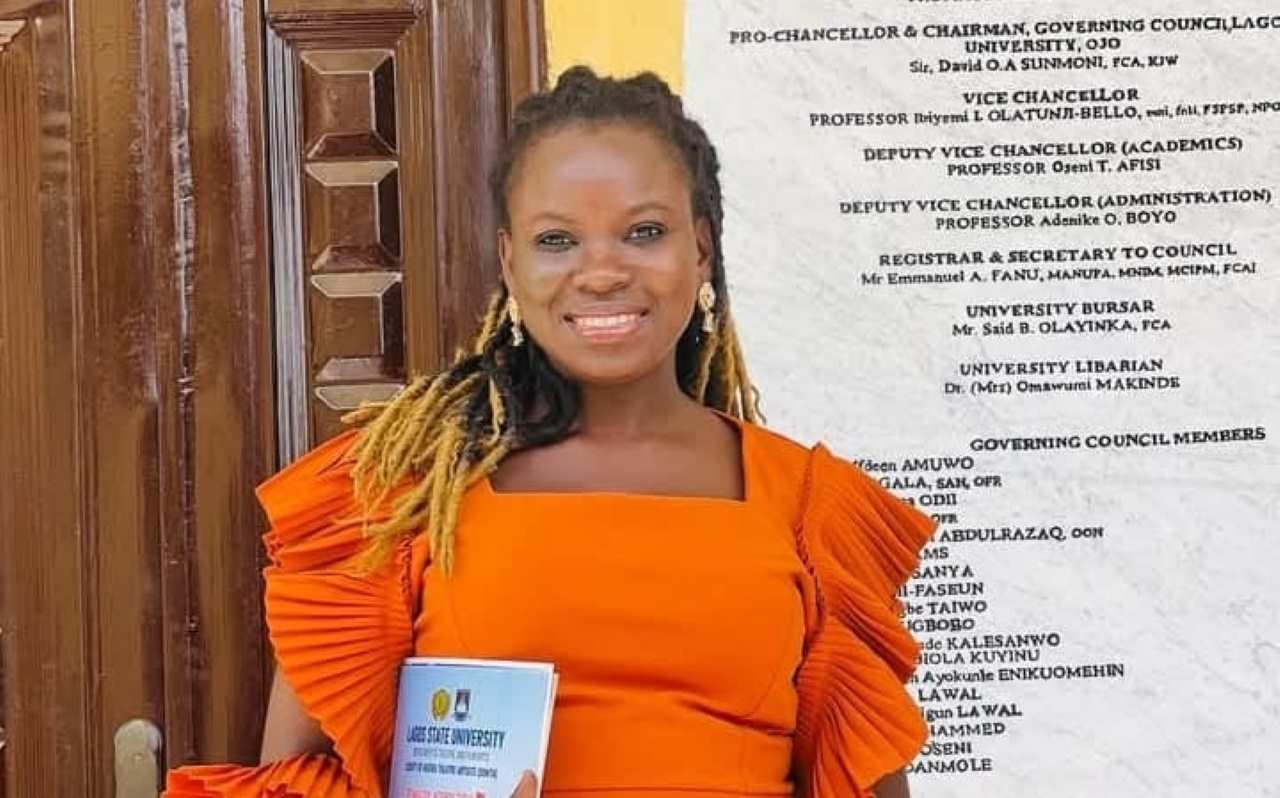In a time when cultural identity and collective memory are constantly being reshaped by technological disruptions and global shifts, creative writing remains one of humanity’s most powerful tools for anchoring truth, inspiring empathy, and galvanizing transformation.
At the heart of every renaissance, whether social, spiritual, or national, lies the potency of storytelling – the kind that confronts systems, uplifts voices, and reclaims narratives from the margins.
As a creative writer with years of immersive work in both local and international literary circuits, I have come to see writing not just as an art, but as an intervention – a form of leadership. In communities where silence has long eclipsed expression, creative writing rekindles light and language. It affirms that beauty and justice can coexist, and that the written word is not only a record but a roadmap.
Narrative as Power and Responsibility
Our stories shape how we see ourselves and how others engage with us. From folklore passed down by firelight to contemporary prose etched on digital platforms, narratives structure social norms and challenge outdated constructs. When writers wield the pen with intentionality, we create more than entertainment…we construct frameworks of meaning that influence identity, policy, and perception.
Creative writing also provides a sanctuary for trauma and transformation. In post-conflict societies, memoir and fiction often become the first forms of truth-telling. In nations grappling with inequality, poetry and prose expose the gaps and bridge the divides. In every setting, writers are architects of cultural renewal, reminding us that imagination can heal, provoke, and restore.
Elevating the Literary Arts as a National Imperative
Nigeria and the broader African continent possess a wealth of untapped literary voices – voices capable of reshaping global discourse if given the infrastructure to thrive. Elevating the literary arts must therefore be seen as a strategic investment in national development. It is not enough to celebrate writers in silos or on ceremonial days; we must build institutions that train, fund, publish, and globalize African literary expression.
As someone who has mentored hundreds of emerging writers through platforms like the Deep Thoughts Creative Academy, I have witnessed firsthand how creative writing transforms youth from passive consumers of content into active agents of social change. These writers are creating new mythologies, reclaiming African dignity, and offering counter-narratives to the ones imposed on us by external forces.
A Call to Philanthropy, Policy, and Education-
We must urgently integrate creative writing into the national agenda- as a cultural imperative and a pedagogical cornerstone. I envision a Nigeria where every school has a functional creative writing club, every local government funds literary festivals, and every child sees a writer not as a starving artist but a cultural innovator.
Philanthropic organizations must also broaden their focus beyond physical infrastructure to include creative infrastructure – spaces where writers can dream, collaborate, and publish. Ministries of education, culture, and youth should embed creative writing into national curricula and fund grants that support the literary arts not as extracurricular luxury, but as central to the soul of the nation.
Nigeria-Specific Data & Cultural Metrics
1. Economic Contribution & Policy Goals
* The Nigerian creative sector currently contributes ≈ US $5.6 billion (~1.2 % of GDP) per 2024 reports ft.com+4researchgate.net+4vanguardngr.com+4
* Ambitious targets aim to boost that to US $100 billion by 2030, generating 2 million jobs by 2027 under the “Destination 2030” roadmap thenationonlineng.net+1allafrica.com+1.
* The visual arts sub-sector employs ≈ 400,000 people, likely rising to 1.2 million soon & contributes only 0.21 % to GDP (vs. South Africa’s 15 %) guardian.ng.
2. Creative Writing Events & Reach
* Aké Arts & Book Festival (since 2013) in Abeokuta: Africa’s largest literary gathering, celebrating emerging and established writers vanguardngr.com+14en.wikipedia.org+14en.wikipedia.org+14.
* Lagos International Poetry Festival (LIPFest): annual event engaging local and global poets, promoting spoken word as social catalyst vanguardngr.com+4en.wikipedia.org+4ft.com+4.
* Lagos Book & Art Festival and Nigeria International Book Fair welcome hundreds of writers, publishers, and literary consumers yearly en.wikipedia.org+1en.wikipedia.org+1
3. Social & Educational Outcomes
* Cultural festivals and writing events nurture youth engagement, mentorship, and literary skill development.
* Government-backed initiatives (like CLAP and CultuRise) and the proposed Creative Economy Development Fund (≈ US $500 M) support creative entrepreneurs and regional talent premiumtimesng.com+7en.wikipedia.org+7en.wikipedia.org+7vanguardngr.com.
Visualization Suggestions
A. GDP Contribution Bar Chart
Year 2022
Contribution to GDP
1.2 % (~US $5.6 B)
Year 2030 Goal
US $100 B
B. Creative Sector Employment Comparison
* Visual arts: 400k current → 1.2 M projected jobs
* Compare with total creative industry jobs (target 2 M by 2027)
C. Event Frequency Timeline
* 1999: Lagos Book & Art Festival begins
* 2001: Nigeria Int’l Book Fair inaugurated
* 2013: Aké Arts & Book Festival launched
* 2025:
<em>Destination 2030</em> roadmap announced
Conclusion
Culture is not static; it is a living, breathing organism shaped daily by the stories we tell and the silences we maintain. To transform our societies, we must elevate creative writing from hobby to heritage, from pastime to policy. In doing so, we not only nurture national pride but catalyze the kind of social progress that only stories can spark.
The pen remains mighty; not only in its capacity to critique but in its ability to create. Let us give writers the tools, the platforms, and the respect they deserve. For in their lines lies our liberation.
Mrs. Opeyemi Akintunde is an award-winning writer, storyteller, and cultural visionary. She is the founder of the Deep Thoughts Lighthouse Creative Academy and a passionate advocate for creative writing as a tool for societal transformation.






